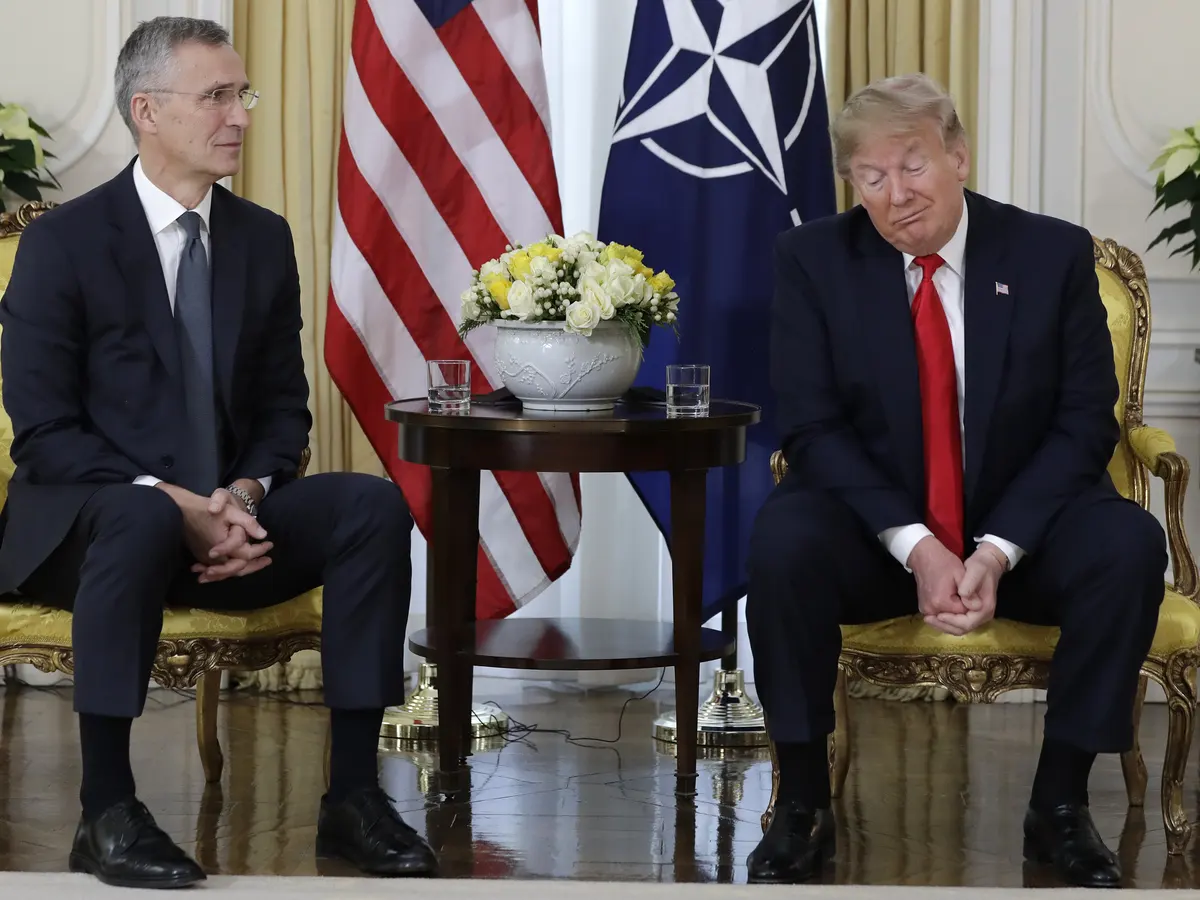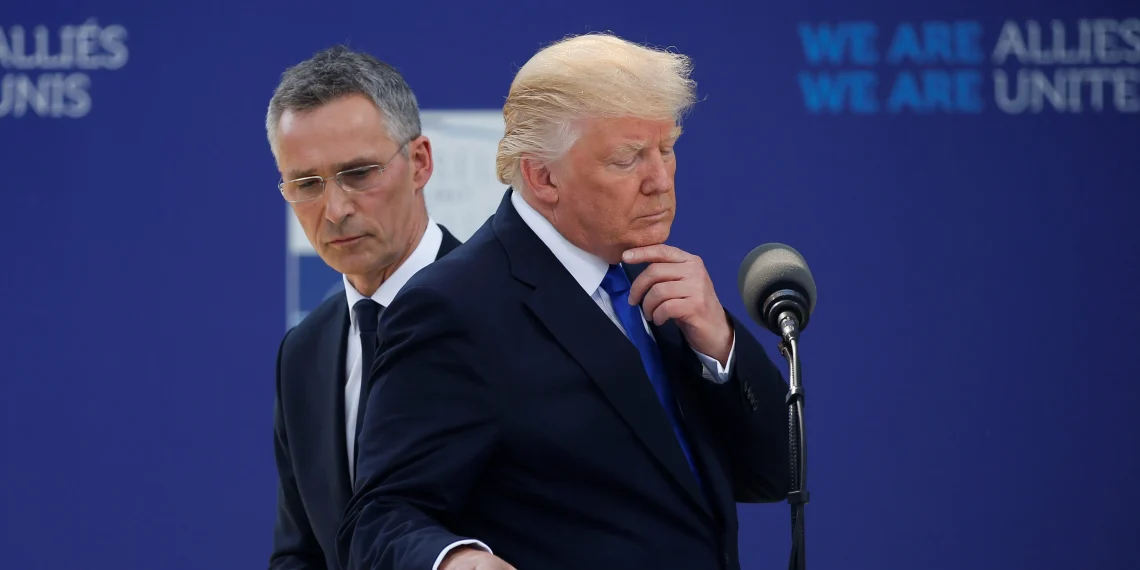At a rally in South Carolina, former President Donald Trump made controversial remarks regarding NATO, suggesting he would not defend member countries failing to meet defense spending guidelines, particularly against Russian aggression.
Trump recounted interactions where he asserted he wouldn’t protect countries not meeting their financial obligations to NATO, even encouraging Russia to act as they pleased. His stance directly contradicts the fundamental principle of collective defense within the alliance.
The White House swiftly responded, condemning Trump’s comments as “appalling and unhinged,” emphasizing President Joe Biden’s commitment to strengthening alliances and ensuring national security. Trump’s statements, characterized as a departure from traditional diplomatic norms, raise concerns about the stability of international relations under his leadership.
Central to NATO is the principle that an attack on one member is an attack on all, ensuring mutual defense among allies. Trump’s disregard for this principle and his focus on financial contributions reflect his long-standing grievances about NATO funding disparities.
However, his portrayal of NATO funding as unpaid “bills” is misleading, as the spending targets are aspirational and not legally binding obligations.
Throughout his presidency, Trump repeatedly expressed skepticism about NATO’s relevance, even suggesting withdrawal from the alliance. His affinity for Russian President Vladimir Putin and reluctance to confront Russian aggression further strained NATO relations.

Trump’s alignment with Putin on issues like Russian interference in the 2016 election fueled criticism of his foreign policy approach.
The episode underscores ongoing debates about NATO’s role and financial burden-sharing among member states. While Trump’s rhetoric may resonate with supporters disillusioned with traditional foreign policy, it also raises concerns about the erosion of long-standing alliances and the United States’ global leadership role.





